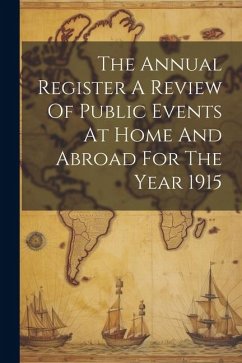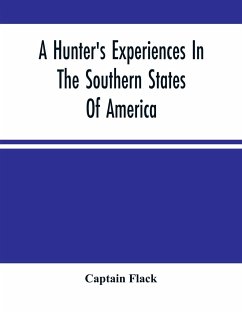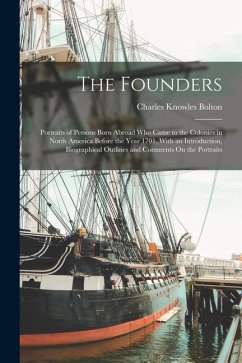Lever and Boyle earned pocket money by singing their own ballads in Dublin's streets and engaging in a variety of other pranks, which Lever dramatized in his novels O'Malley, Con Cregan, and Lord Kilgobbin. In 1833, he married his first love, Catherine Baker, and in February 1837, after a number of experiences, he began publishing The Confessions of Harry Lorrequer in the newly created Dublin University Magazine. In 1833, he married his first love, Catherine Baker, and in February 1837, after a number of experiences, he began publishing The Confessions of Harry Lorrequer in the newly created Dublin University Magazine. During the previous seven years, popular taste had turned toward the "service novel," examples of which include Frank Mildmay (1829) by Frederick Marryat, Tom Cringle's Log (1829) by Michael Scott, The Subaltern (1825) by George Robert Gleig, Cyril Thornton (1827) by Thomas Hamilton, Stories of Waterloo (1833) by William Hamilton Maxwell, Ben Brace (1840) by Frederick Chamier, and The Bivouac (1837), also by Maxwell. Lever had met the genre's nominal founder, William Hamilton Maxwell.














